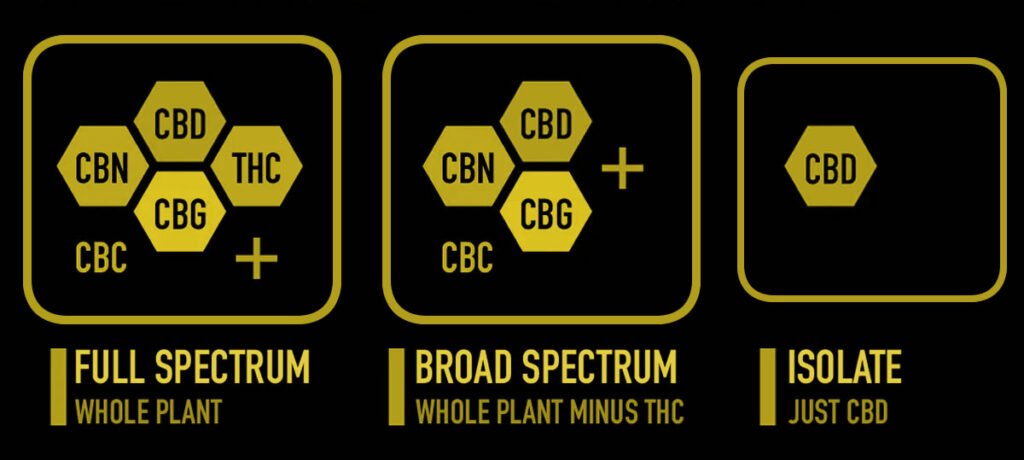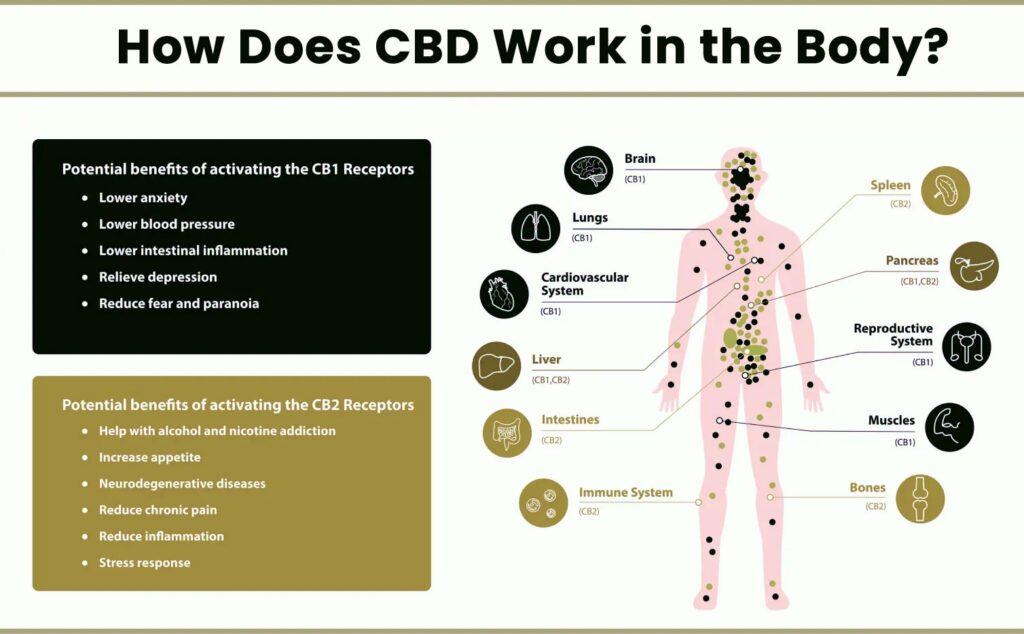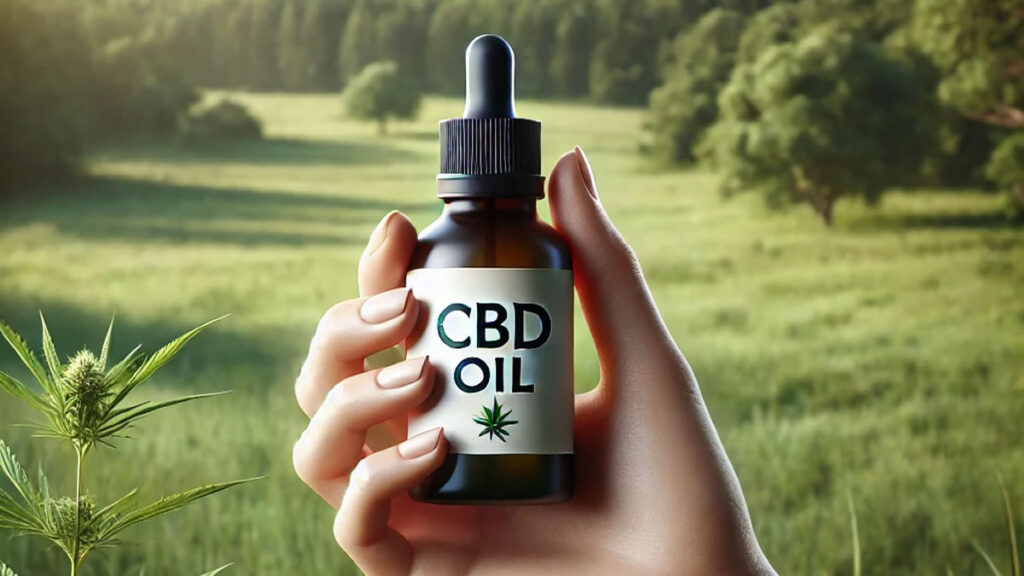Cannabidiol (CBD) oil has taken the world by storm, emerging as a popular natural remedy for a wide range of health concerns. From reducing anxiety and alleviating pain to improving sleep quality and managing epilepsy, the potential benefits of CBD oil have captured the attention of people from all walks of life. But what exactly is CBD oil, and how can you navigate the sea of information surrounding its uses, risks, and proper dosage? In this comprehensive guide, we'll dive deep into the world of CBD oil, providing you with the knowledge you need to make informed decisions about your health and well-being.
What is CBD Oil?
Before we explore the benefits and risks of CBD oil, let's take a moment to understand what it is and how it differs from other cannabis-derived products. CBD is one of the many compounds found in the cannabis plant, but unlike its infamous cousin, tetrahydrocannabinol (THC), it does not produce the psychoactive effects associated with marijuana use. This means that you can experience the potential therapeutic benefits of CBD without the "high" typically linked to cannabis consumption.
CBD oil can be extracted from various types of cannabis plants, but most over-the-counter (OTC) products are derived from hemp, a variety of cannabis that contains less than 0.3% THC. The extracted oil is then processed into different forms, such as tinctures, capsules, edibles, and topical creams, each offering unique ways to incorporate CBD into your daily routine.
Types of CBD Oil
CBD oil is available in three main forms:
- Full-spectrum CBD: Contains CBD and all other beneficial compounds found in the cannabis plant, including trace amounts of THC (less than 0.3%).
- Broad-spectrum CBD: Similar to full-spectrum but without any THC content. May still contain other beneficial compounds like terpenes and flavonoids.
- CBD isolate: Pure CBD with no other compounds from the cannabis plant. Often synthetic and not extracted from natural sources.

How Does CBD Work in the Body?
CBD works by interacting with your body's endocannabinoid system (ECS), a complex network of receptors and neurotransmitters that helps regulate various functions, including mood, sleep, appetite, and pain sensation. When you consume CBD oil, it interacts with the ECS, potentially helping to balance and optimize these functions.
Research suggests that CBD has anti-inflammatory, antioxidant, and neuroprotective properties, which may contribute to its wide range of potential health benefits. Unlike THC, CBD does not bind directly to the ECS receptors, which is why it doesn't produce the psychoactive effects associated with marijuana use.
The Potential Benefits of CBD Oil
While research on CBD oil is still in its early stages, numerous studies have shown promising results for various health conditions. Some of the most well-researched potential benefits of CBD oil include:
- Anxiety and stress relief: CBD may help reduce anxiety and stress by interacting with serotonin receptors in the brain. A 2019 study found that 300-600mg of CBD significantly reduced anxiety symptoms in people with social anxiety disorder1.
- Pain management: CBD's anti-inflammatory properties may help alleviate chronic pain conditions like arthritis, fibromyalgia, and multiple sclerosis. A 2020 review concluded that CBD could be a promising treatment option for chronic pain management2.
- Better sleep: CBD may help improve sleep quality by reducing anxiety and promoting relaxation. A 2019 study found that 25mg of CBD per day improved sleep in people with anxiety and sleep disorders3.
- Neuroprotection: CBD's antioxidant and anti-inflammatory properties may offer neuroprotective benefits, potentially helping to prevent or slow down the progression of neurological disorders like Alzheimer's and Parkinson's disease4.
- Epilepsy treatment: CBD has been shown to significantly reduce seizure frequency in people with certain types of epilepsy, such as Lennox-Gastaut syndrome and Dravet syndrome. In fact, the FDA has approved a prescription CBD oil called Epidiolex for the treatment of these conditions5.
While these findings are promising, it's important to note that more research is needed to fully understand the long-term effects and optimal dosing of CBD oil for various health conditions.

Potential Risks and Side Effects of CBD Oil
Despite its potential benefits, CBD oil is not without risks and side effects. While generally considered safe and well-tolerated, some people may experience adverse reactions, particularly when taking high doses or using low-quality products.
Common side effects of CBD oil include:
- Fatigue and drowsiness
- Dry mouth
- Diarrhea
- Changes in appetite and weight
- Interactions with certain medications
It's crucial to talk to your healthcare provider before starting CBD oil, especially if you are taking any medications or have underlying health conditions. CBD can interact with some medications, such as blood thinners and antidepressants, potentially altering their effectiveness or causing unwanted side effects.
Another important consideration is the quality and purity of CBD products. Because the FDA does not currently regulate OTC CBD products, there is a risk of inconsistency and contamination. Some products may contain less CBD than advertised or be contaminated with harmful substances, such as pesticides, heavy metals, or synthetic cannabinoids. To minimize these risks, opt for high-quality CBD products from reputable brands that provide third-party lab testing results and transparent ingredient lists.
Right CBD Dosage for Your Needs
One of the most common questions surrounding CBD oil is, "How much should I take?" The answer, unfortunately, is not a simple one. CBD dosage can vary widely depending on factors such as body weight, individual physiology, the severity of the condition being treated, and the concentration of CBD in the product.
As a general guideline, it's best to start with a low dose and gradually increase it until you find the optimal amount that works for you. Most experts recommend starting with a dose of 5-10mg of CBD per day and increasing it by 5-10mg each week until you achieve the desired effects. It's important to listen to your body and pay attention to any side effects or changes in symptoms.
For specific health conditions, such as epilepsy or chronic pain, higher doses may be necessary. In these cases, it's crucial to work closely with a healthcare provider who can monitor your progress and adjust your dosage as needed.
Right CBD Product for Your Lifestyle
With so many CBD products available on the market, it can be overwhelming to choose the right one for your needs. Each delivery method offers unique advantages and disadvantages, so it's essential to consider your lifestyle and preferences when making a decision.
Some of the most popular CBD products include:
- Tinctures and Oils: These liquid forms of CBD are taken sublingually (under the tongue) and are known for their fast absorption and easy dosing. They are a good choice for people who want quick relief and the ability to adjust their dosage as needed.
- Capsules and Edibles: For those who prefer a more convenient and discreet option, CBD capsules and edibles offer a pre-measured dose of CBD in a familiar format. However, they may take longer to take effect and can be subject to first-pass metabolism in the liver, which may reduce their bioavailability.
- Topicals: CBD-infused creams, lotions, and balms are applied directly to the skin and are ideal for targeting localized pain and inflammation. They are a good choice for people with skin conditions or those who want to avoid ingesting CBD.
- Vape Products: Inhaling CBD through a vape pen or e-cigarette offers the fastest absorption and highest bioavailability, but it also carries the potential risks associated with vaping, such as lung irritation and the inhalation of harmful chemicals.
When choosing a CBD product, look for high-quality, third-party tested options from reputable brands. Read labels carefully and start with a low dose to gauge your body's response before increasing the amount or frequency of use.
The Bottom Line: Is CBD Oil Right for You?
CBD oil has emerged as a promising natural remedy for a wide range of health concerns, but it's not a one-size-fits-all solution. While the potential benefits are exciting, it's crucial to approach CBD oil with a critical eye and a commitment to informed decision-making.
Before incorporating CBD oil into your wellness routine, take the time to do your research, consult with a healthcare provider, and choose high-quality products from reputable sources. By understanding the benefits, risks, and proper usage of CBD oil, you can make an informed decision about whether it's the right choice for your unique needs and lifestyle.
As research continues to evolve and our understanding of CBD oil expands, one thing remains clear: the power to take control of your health and well-being lies in your hands. With the right information and a commitment to self-care, you can navigate the world of CBD oil with confidence and clarity, unlocking the potential for a healthier, happier you.
References:
- Masataka, N. (2019). Anxiolytic Effects of Repeated Cannabidiol Treatment in Teenagers With Social Anxiety Disorders. Frontiers in Psychology, 10. https://doi.org/10.3389/fpsyg.2019.02466 ↩︎
- Argueta, D. A., Ventura, C. M., Kiven, S., Sagi, V., & Gupta, K. (2020). A Balanced Approach for Cannabidiol Use in Chronic Pain. Frontiers in Pharmacology, 11. https://doi.org/10.3389/fphar.2020.00561 ↩︎
- Shannon, S., Lewis, N., Lee, H., & Hughes, S. (2019). Cannabidiol in Anxiety and Sleep: A Large Case Series. The Permanente Journal, 23. https://doi.org/10.7812/TPP/18-041 ↩︎
- Maroon, J., & Bost, J. (2018). Review of the neurological benefits of phytocannabinoids. Surgical Neurology International, 9, 91. https://doi.org/10.4103/sni.sni_45_18 ↩︎
- Silvestro, S., Mammana, S., Cavalli, E., Bramanti, P., & Mazzon, E. (2019). Use of Cannabidiol in the Treatment of Epilepsy: Efficacy and Security in Clinical Trials. Molecules, 24(8), 1459. https://doi.org/10.3390/molecules24081459 ↩︎


